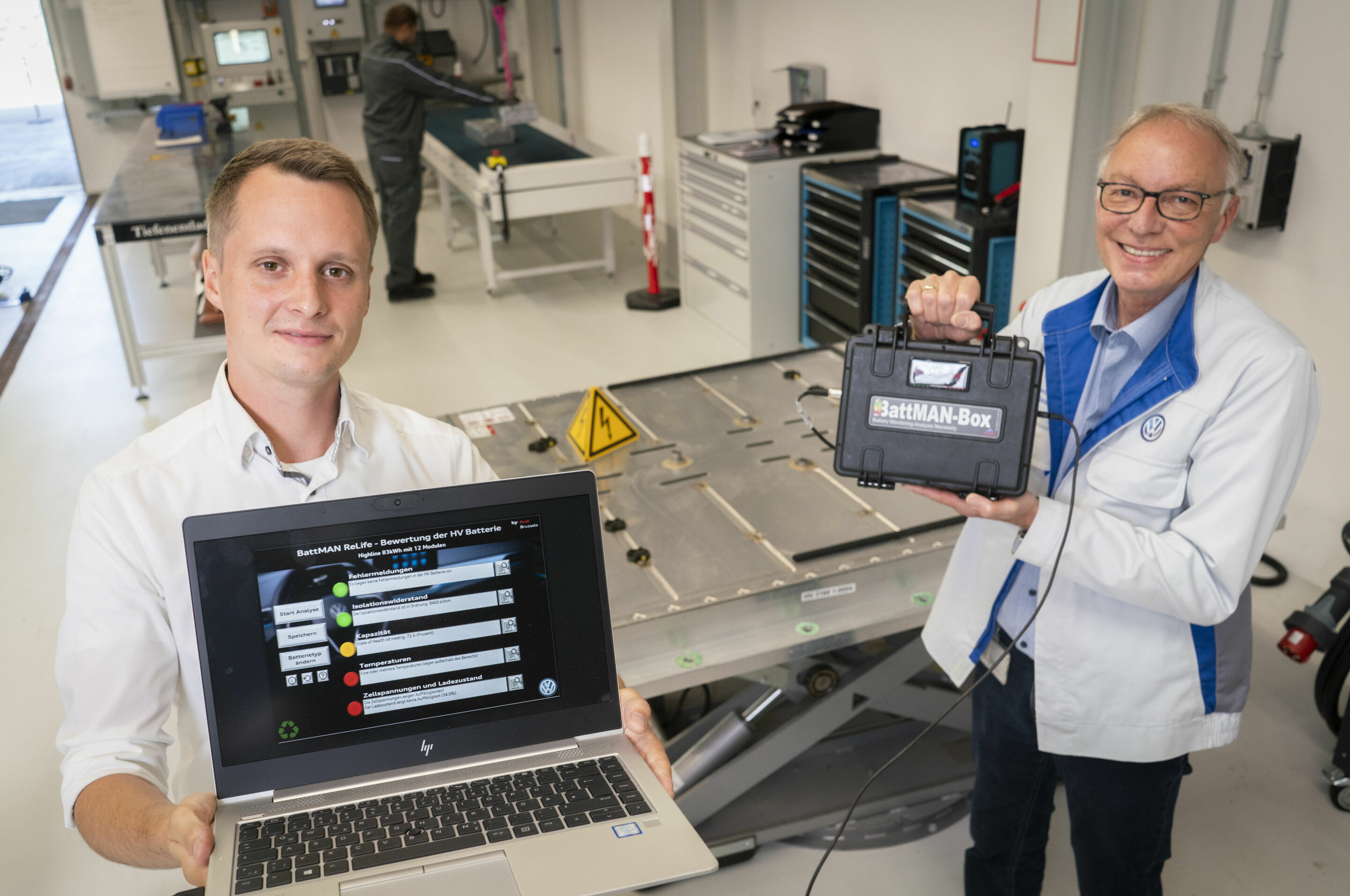Environmental and social commitment
Back to overviewAudi’s Mission:Zero environmental program
Mission:Zero is Audi’s environmental program for systematically sustainable production. This is where all activities and measures designed to reduce the environmental footprint at Audi locations worldwide, in manufacturing and in logistics, are brought together in one place. The focus is on the key challenges for Audi of decarbonization, water usage, resource efficiency, and biodiversity. A key target is for Audi production locations to be net carbon neutral1 by 2025.
Mission:Zero at the Brussels site
The Brussels plant is the world’s first certifiedcarbon-neutral high-volume production facilityin the premium segment. Audi Brussels offsets all emissions generated in manufacturing and other areas of the company at the site. It does this primarily by purchasing and generating renewable energy, but also through environmental projects. Independent assessors have certified its carbon neutrality.
Audi Brussels has installed a photovoltaic power plant on the plant grounds, covering a total area of 107,000 square meters. In fact, the plant operates the largest photovoltaic power plant in the Brussels region, generating approximately 9,000 megawatt hours of electricity every year. This saves around 1,700 metric tons of CO2.
The Brussels site follows the most stringent of environmental standards. In 2013, the Brussels region declared the plant to be an “Ecodynamic Company,” a regional environmental certificate that is awarded every three years. Audi Brussels achieved the highest rating of three stars. Since 2001, the Brussels location has also been certified according to the European Union’s Eco-Management and Audit Scheme (EMAS).
1 Audi understands net-zero carbon emissions to mean a situation in which, after other possible reduction measures have been exhausted, the company offsets the carbon emitted by Audi’s products or activities and/or the carbon emissions that currently cannot be avoided in the supply chain, manufacturing, and recycling of Audi vehicles through voluntary offsetting projects carried out worldwide. In this context, carbon emissions generated during a vehicle’s utilization stage, i.e., from the time it is delivered to the customer, are not considered.
